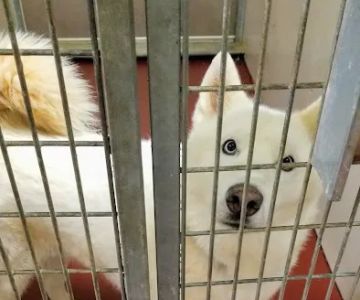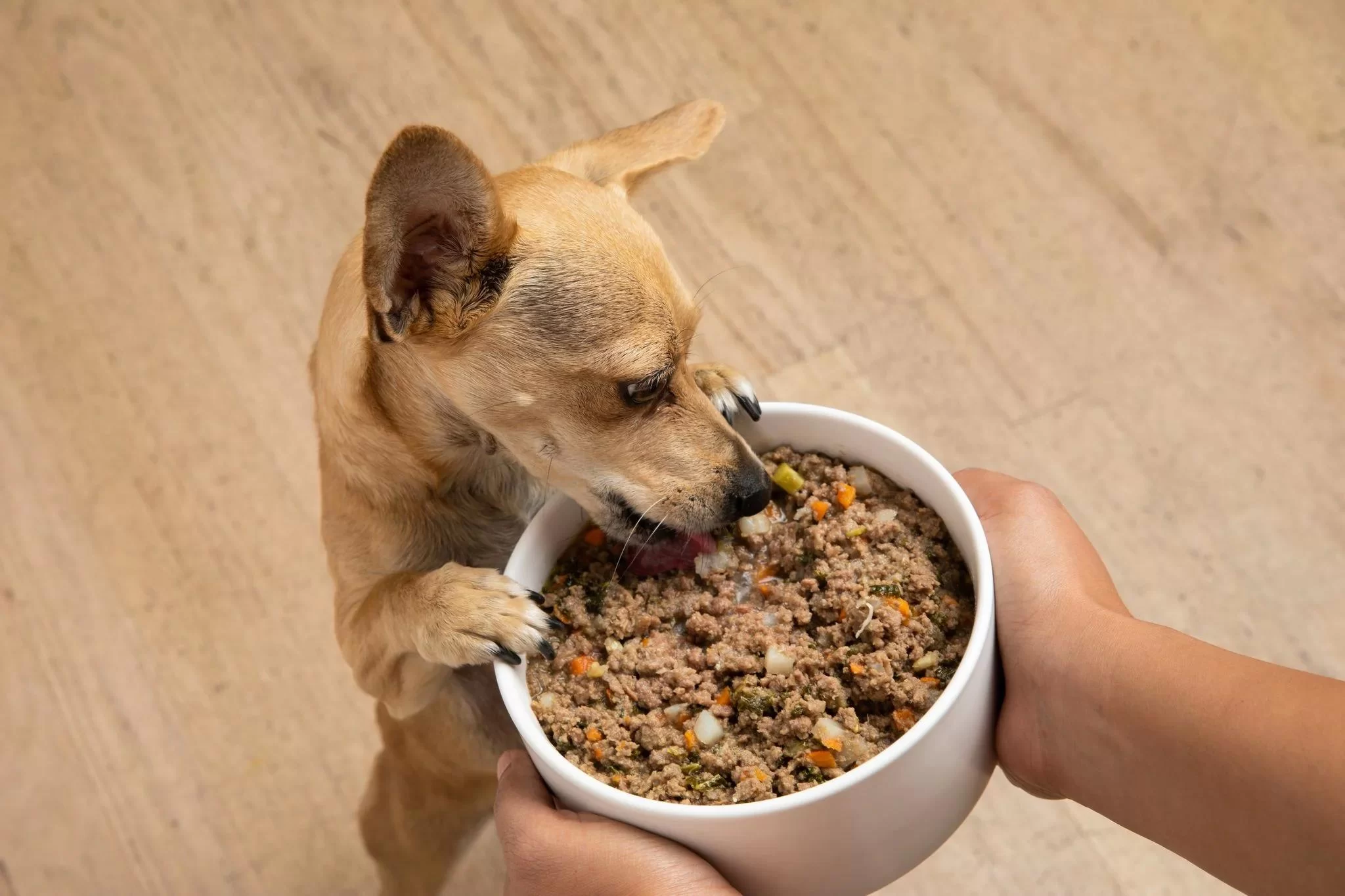Preventing Dog Kidney Disease: A Guide to Keeping Your Dog’s Kidneys Healthy
- 1. Understanding Dog Kidney Disease
- 2. Common Causes of Kidney Disease in Dogs
- 3. Signs and Symptoms of Kidney Disease in Dogs
- 4. Preventing Kidney Disease in Dogs
- 5. Where to Get Help and Ongoing Care
Kidney disease is one of the most common health problems faced by dogs, particularly as they age. As the kidneys play a vital role in filtering waste, regulating blood pressure, and balancing fluids, maintaining kidney health is crucial for your dog’s overall well-being. In this article, we’ll explore how to prevent kidney disease in dogs, signs to look out for, and the best ways to keep your furry friend’s kidneys healthy throughout their life.
2. Common Causes of Kidney Disease in Dogs
Kidney disease in dogs can result from a variety of factors, and it is important for dog owners to be aware of these potential risks. Some of the most common causes of kidney disease in dogs include:

845 W Ridge Rd, Gainesville, GA 30501, USA
See Details1. Age
As dogs get older, their kidney function tends to decline naturally. Senior dogs are particularly susceptible to kidney disease, making preventive care even more important as your dog ages.
2. Chronic Illnesses
Chronic conditions such as diabetes or high blood pressure can damage the kidneys over time. Monitoring your dog’s overall health and managing chronic illnesses can reduce the risk of kidney disease.
3. Infections
Urinary tract infections (UTIs) or kidney infections can lead to kidney damage. It is essential to seek timely veterinary care if you notice symptoms like frequent urination or blood in the urine.
4. Toxins and Poisons
Exposure to toxins, including certain medications, foods, and chemicals, can cause irreversible kidney damage. Always be mindful of what your dog has access to and consult your veterinarian before introducing any new products or substances into your dog’s environment.
3. Signs and Symptoms of Kidney Disease in Dogs
Early detection of kidney disease in dogs is key to effective treatment and management. If you notice any of the following signs, it’s crucial to get your dog checked by a veterinarian:
1. Increased Thirst and Urination
One of the most common signs of kidney disease is increased thirst and urination. If your dog is drinking more water than usual and urinating more frequently, it could be a sign that their kidneys are not functioning properly.
2. Loss of Appetite
A decrease in appetite is another symptom of kidney problems. If your dog suddenly loses interest in their food or becomes pickier than usual, it could indicate kidney disease.
3. Vomiting and Diarrhea
Vomiting or diarrhea, particularly when accompanied by lethargy, could signal that the kidneys are not working as they should. Dehydration from vomiting or diarrhea can make kidney problems worse.
4. Weight Loss
Sudden weight loss without a change in diet or exercise can be a sign that your dog’s kidneys are not filtering waste effectively. This can lead to nutrient deficiencies and muscle wasting.
4. Preventing Kidney Disease in Dogs
Prevention is always better than cure, and when it comes to kidney disease, there are several ways you can help safeguard your dog’s kidney health:
1. Provide a Balanced Diet
Feeding your dog a balanced, nutrient-rich diet is essential for their overall health, including their kidneys. Make sure to choose high-quality dog food that supports kidney function, and consider switching to food formulated specifically for kidney health if your dog is older or has risk factors for kidney disease.
2. Regular Vet Check-Ups
Annual veterinary check-ups are vital for early detection of kidney disease. Regular blood tests and urinalysis can help identify any changes in kidney function before symptoms become apparent.
3. Keep Them Hydrated
Proper hydration is crucial for kidney health. Ensure your dog always has access to fresh, clean water, especially if they are on a dry food diet. Some dogs prefer running water, so consider a pet water fountain to encourage hydration.
4. Avoid Toxic Substances
As mentioned earlier, exposure to toxins can lead to kidney damage. Be cautious of common household items that can be harmful to dogs, including certain plants, human medications, and chemicals. Keep these out of reach and always consult your vet before introducing anything new into your dog’s environment.
5. Exercise and Weight Management
Keeping your dog at a healthy weight through regular exercise can reduce the risk of conditions like diabetes and high blood pressure, which can strain the kidneys. Monitor your dog’s weight and make adjustments to their diet or activity level as needed.
5. Where to Get Help and Ongoing Care
If you suspect that your dog may be at risk for kidney disease or if you notice any symptoms, it’s important to consult a veterinarian as soon as possible. Hidden Brook Veterinary offers expert care for your dog, with a focus on preventing kidney disease and other chronic conditions. Regular visits, preventive care, and personalized advice are key to maintaining your dog’s health. Visit [Hidden Brook Veterinary](https://hiddenbrookveterinary.com) for more information and to schedule an appointment.











